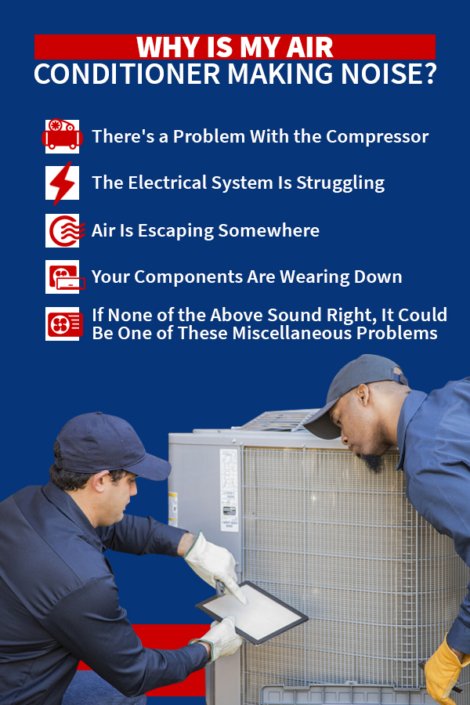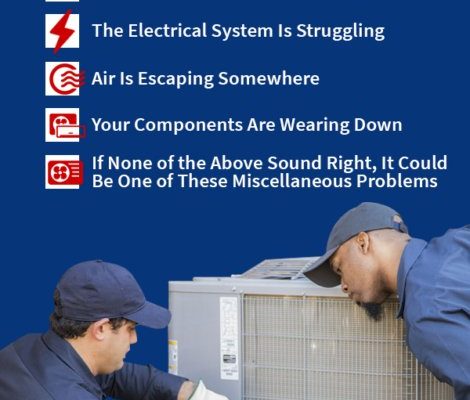
To get to the bottom of this, let’s think of your home as a living organism. When the HVAC system runs, it creates changes in air pressure throughout the house. Just like how our ears pop on an airplane due to pressure changes, your door hinges react, too. They’re not just hinges; they’re sensitive to the environment around them. In this article, we’ll explore how air pressure impacts your door hinges and what you can do about that noise.
Understanding Air Pressure and its Effects
Air pressure refers to the weight of the air in our atmosphere pressing down. When your HVAC system operates, it alters the pressure inside your home. This change can cause your doors to shift slightly—enough for those hinges to start making noises.
Picture this: when you open a window, you might feel a rush of air. That shift is similar to what happens with your HVAC system. Air can rush in or out depending on whether the system is heating or cooling. When this occurs, your door hinges might experience additional stress or strain.
That’s when the noises kick in. They could be squeaks, creaks, or groans, signaling that your hinges are not used to being moved around in this way. Understanding this connection between air pressure and door operation is key to troubleshooting the issue.
Common Causes of Noisy Hinges
When your HVAC is running, and you hear those unwanted sounds, several factors could be at play:
- Humidity Levels: Changes in humidity can expand or contract door materials. This shifting can lead to misalignment, resulting in noise.
- Hinge Condition: Old or rusty hinges are more likely to make noise. If they’re not serviced, they may become particularly vocal when pressure changes occur.
- Door Alignment: A door that isn’t properly aligned with its frame will rub against it, creating sound whenever air pressure shifts.
Each of these factors can intensify with air pressure changes triggered by your HVAC system. Regular maintenance can help address these issues before they get too loud and bothersome.
How Air Pressure Affects Door Movement
When the HVAC system runs, it can cause air to flow in and out of the room. This change can create a suction effect, pulling on the doors, which may not be entirely secured. This slight movement can lead to friction at the hinges, causing noise.
Imagine blowing into a straw; the air moves through, creating pressure changes. Similarly, the HVAC system can create pressure waves inside your home. If the door’s frame isn’t snug, the pressure change leads to gaps, causing that familiar creaking or squeaking sound.
Understanding this dynamic helps you recognize that the sound isn’t simply a sign of wear and tear; it’s also influenced heavily by the environment your door is in.
Steps to Reduce Noise from Door Hinges
If you’re tired of the noise, there are a few steps you can take to reduce it:
1. Lubricate the Hinges: A simple application of lubricant can work wonders. Use a spray like WD-40 or a silicone-based lubricant. Apply it to the hinge and move the door back and forth to distribute the lubricant evenly.
2. Check Door Alignment: Ensure your door is properly aligned with its frame. If it’s off, you might need to adjust it. Loosen the hinge screws slightly, shift the door into position, then tighten the screws back up.
3. Inspect for Damage: Take a close look at your hinges. Are they rusty or worn out? If so, replacing them might be your best option for a long-term solution.
4. Adjust Humidity Levels: Consider using a dehumidifier or humidifier to keep the home’s humidity stable. This can help minimize swelling or shrinking of the door.
These steps might just turn your noisy door into a quiet, peaceful one.
When to Call a Professional
If your DIY attempts aren’t cutting it, it might be time to call in the pros. Here are some signs that you may need professional help:
– Persistent Noises: If the noise continues after lubrication and alignment adjustments, it could indicate deeper issues.
– Cracks or Gaps: Noticeable cracks around your door frame or significant gaps may require expertise in carpentry or door repair.
– Multiple Doors: If you’re facing the same issue with several doors, the problem might be more systemic.
A professional can provide a thorough inspection and recommend solutions that you may not have considered.
Preventative Measures for Quiet Doors
To keep your door hinges quiet and in good condition, consider these preventative measures:
– Regular Maintenance: Schedule regular maintenance checks for your doors and hinges. Routine lubrication and inspections can catch problems early.
– Monitor HVAC Settings: Pay attention to how often your HVAC system runs and under what conditions. Making adustments to thermostat settings can mitigate pressure changes.
– Quality Hinges: Invest in high-quality hinges designed for your door’s weight and size. Better materials can withstand pressure fluctuations and reduce noise.
Staying proactive will save you from headaches down the road.
Understanding why your door hinge makes noise only when the HVAC is on can help you address the issue effectively. Changes in air pressure, humidity levels, and hinge conditions all play a role in that annoying creak. By taking simple steps to lubricate, realign, and maintain your doors, you can enjoy a quieter home atmosphere.
It’s not just about the noise—it’s about ensuring your home remains a comfortable, peaceful place. Armed with this knowledge, you can silence those pesky hinges and get back to enjoying your space.
